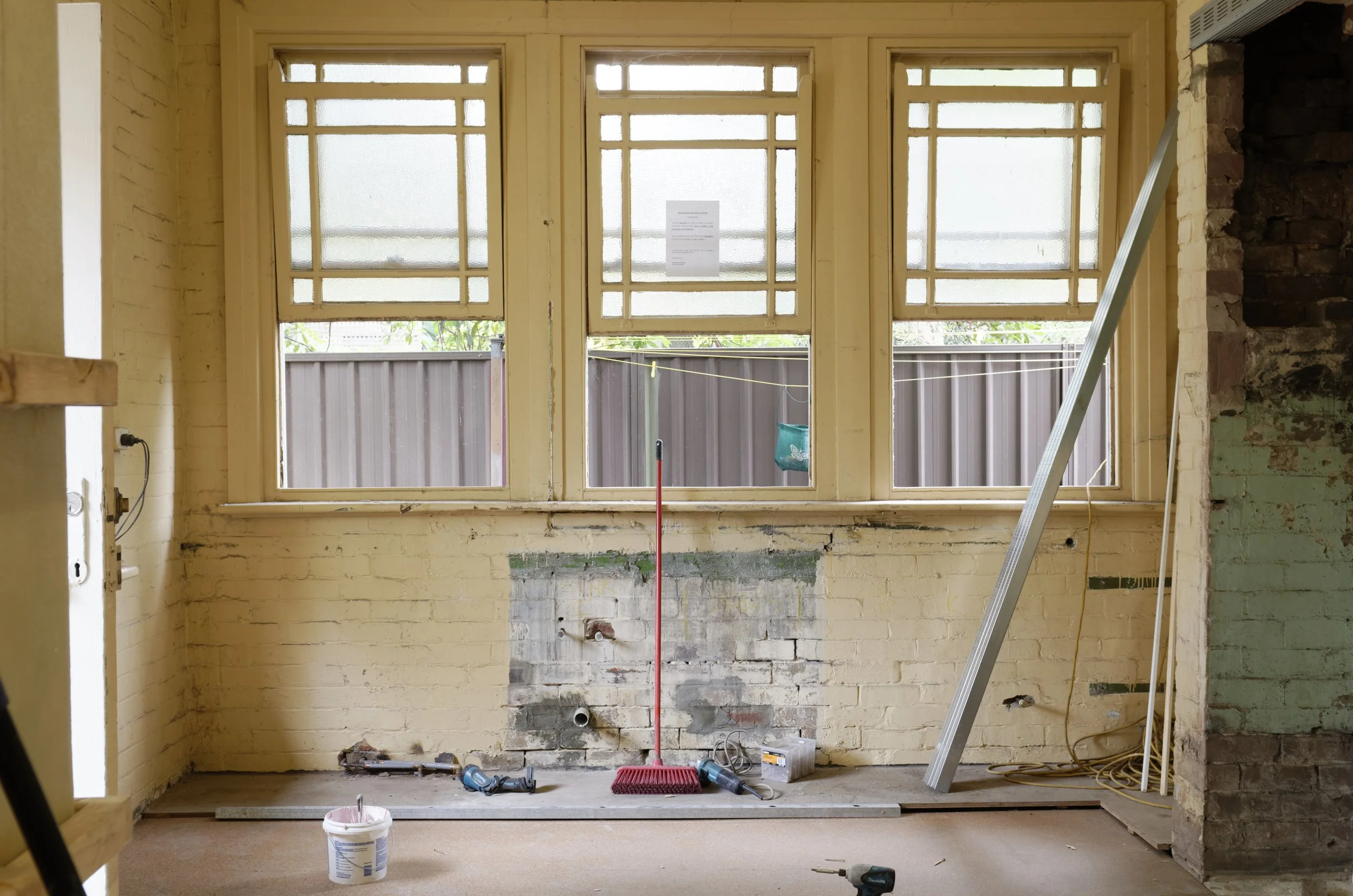What does my Nova Scotia Easement allow me to do?
/A deeded easement (meaning one that is in a written agreement and tied to a specific lot of land), gives the owner of the dominant parcel of land the right to do certain specific things over or on the land of another nearby parcel. However, because an easement necessarily is burdening someone else’s land, the courts will always read the easement in as narrow a light as possible to minimize the impact on the other person’s land.
Read More
























